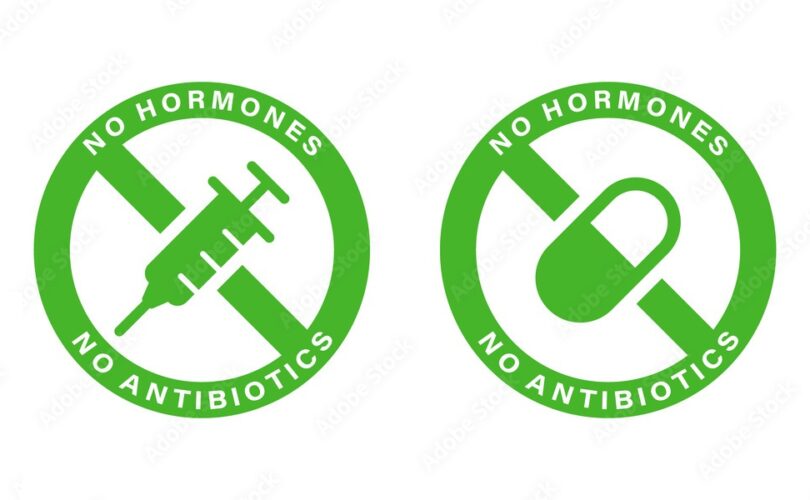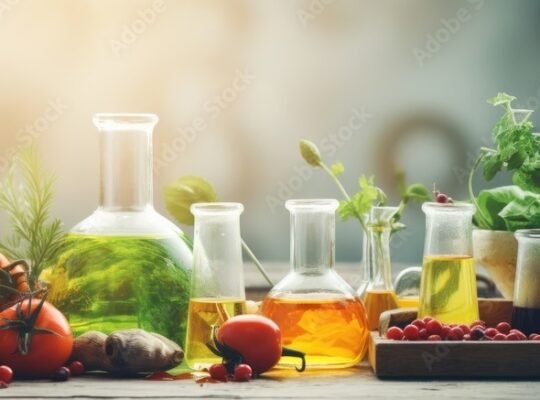Welcome, health enthusiasts! Today, let’s dive into a critical topic that affects not only our well-being but also the health of our planet: the use of antibiotics in animal farming. As conscious consumers, it’s essential to understand the far-reaching consequences of our food choices on both personal health and the environment.
The Hidden Dangers of Antibiotics in Animal Farming:
In the pursuit of maximizing productivity and minimizing costs, the use of antibiotics in animal farming has become widespread. While antibiotics play a crucial role in treating bacterial infections, their rampant use in livestock can have severe repercussions for human health.
- Antibiotic Resistance:
One of the most significant concerns is the rise of antibiotic-resistant bacteria. When animals are consistently exposed to antibiotics, bacteria within their systems can develop resistance, rendering these life-saving drugs less effective when needed for human use. This phenomenon poses a direct threat to our ability to combat infections and diseases, leading to increased mortality rates and longer recovery times.
- Transfer of Antibiotics to Consumers:
As consumers, we may unknowingly ingest antibiotics through the food we eat. Residues of antibiotics present in animal products can make their way into our bodies, contributing to the development of antibiotic resistance within us. This not only jeopardizes our ability to fight infections but also raises the stakes for the emergence of untreatable diseases.
- Environmental Impact:
Beyond the health implications, the use of antibiotics in animal farming takes a toll on the environment. Antibiotics can leach into soil and water, disrupting ecosystems and potentially harming aquatic life. The widespread use of these drugs contributes to the broader issue of agricultural pollution, further stressing the delicate balance of our planet’s ecosystems.
Making Informed Food Choices:
Now that we understand the risks associated with antibiotics in animal farming, it’s time to take action. Here are a few steps we can all take to make more informed and health-conscious food choices:
- Choose Organic and Antibiotic-Free Products: Opt for organic and antibiotic-free meat, poultry, and dairy products. These alternatives prioritize animal welfare and reduce the likelihood of antibiotic residue in your food.
- Support Local and Sustainable Agriculture: By supporting local farmers and sustainable agricultural practices, you contribute to a healthier food system. Local, small-scale farms are more likely to prioritize animal welfare and employ responsible antibiotic use.
- Educate Others: Spread awareness about the consequences of antibiotics in animal farming. Encourage friends and family to make informed choices, fostering a collective effort to promote healthier food options.
Conclusion:
As health enthusiasts, we play a vital role in shaping the future of our food system. By understanding and addressing the issue of antibiotics in animal farming, we can protect both our health and the well-being of our planet. Let’s make conscious choices that not only benefit us but also contribute to a sustainable and resilient food ecosystem for generations to come.







